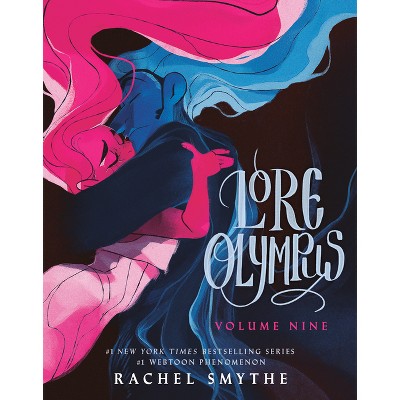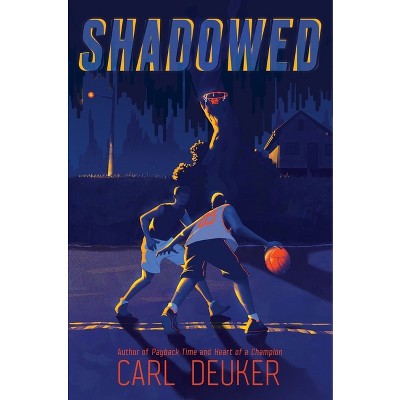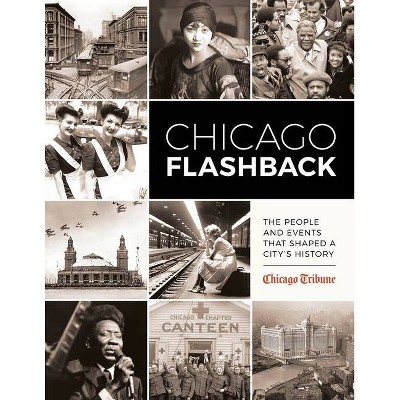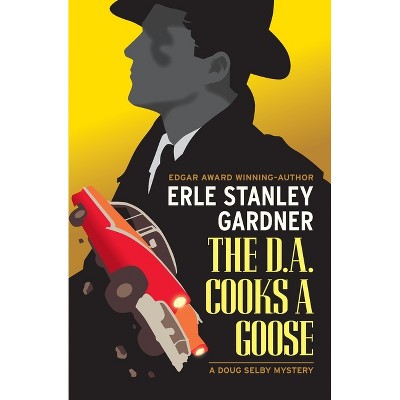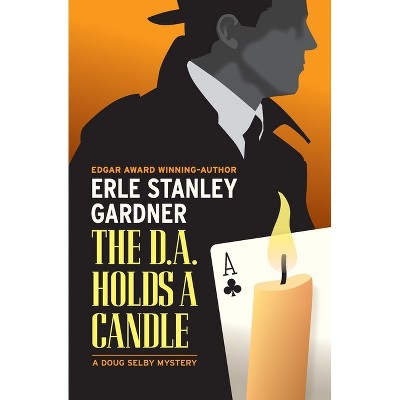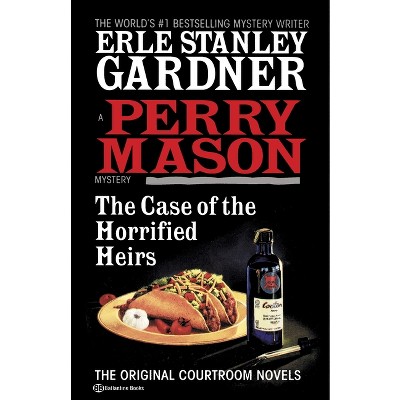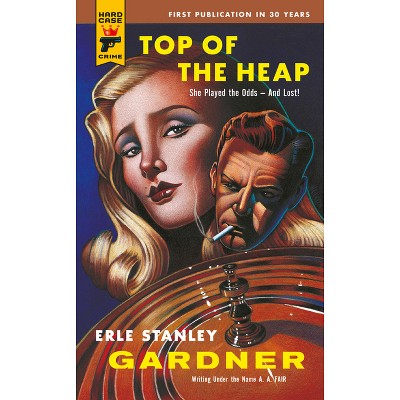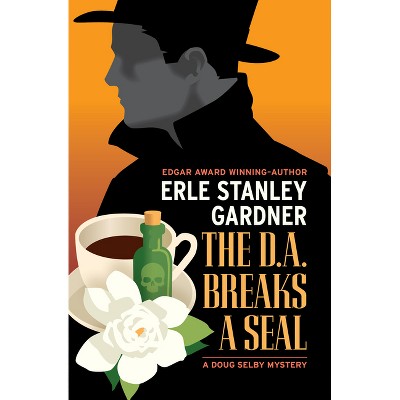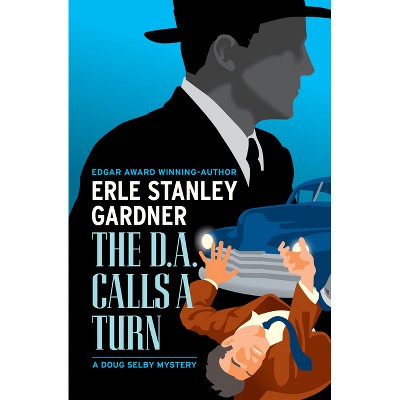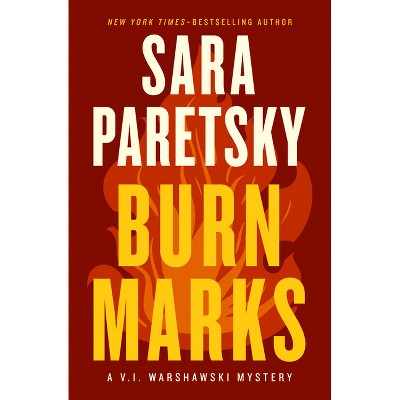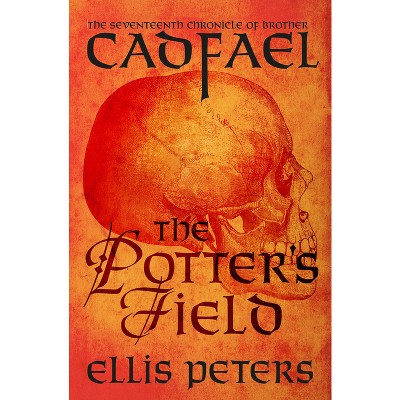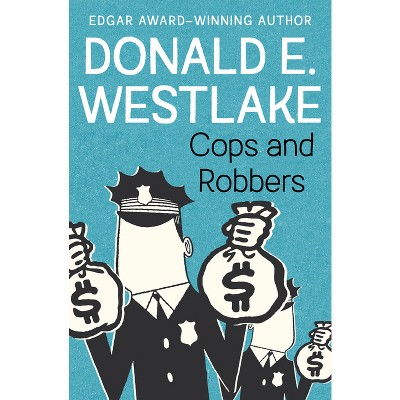Sponsored

The D.A. Draws a Circle - by Erle Stanley Gardner (Paperback)
In Stock
Sponsored
About this item
Highlights
- A California D.A. investigates a corpse without clothes and bloody clothes without a body in this classic mystery by the author of the Perry Mason series.
- About the Author: Erle Stanley Gardner (1889-1970) was an author and lawyer who wrote nearly 150 detective and mystery novels that sold more than one million copies each, making him easily the best-selling American writer of his time.
- 216 Pages
- Fiction + Literature Genres, Mystery & Detective
Description
Book Synopsis
A California D.A. investigates a corpse without clothes and bloody clothes without a body in this classic mystery by the author of the Perry Mason series.
"The bestselling author of the century . . . a master storyteller." --The New York Times
Alphonse Baker Carr is the smooth-talking defense lawyer murderers and gangsters turn to when they want to win in court. To escape the hustle and bustle of Los Angeles, he's moving into a stately home in Madison City's exclusive Orange Heights neighborhood. The locals are not pleased. Rita Artrim lives in the house next door and is worried Carr will attract an unsavory element. Of course, no matter how much she begs District Attorney Doug Selby for help, there is nothing he can do. There is no law against buying a house . . .
But once A. B. Carr arrives in town, trouble follows. A suit with a bloodied bullet hole appears in a local dry-cleaning truck. Then, a naked corpse is discovered near Carr's house, shot twice in the exact same spot. Now it's up to Selby to decipher the puzzling clues to build his case and deliver justice. Only then can he send the killer packing.
Originally published in 1938.
About the Author
Erle Stanley Gardner (1889-1970) was an author and lawyer who wrote nearly 150 detective and mystery novels that sold more than one million copies each, making him easily the best-selling American writer of his time. He ranks as one of the most prolific specialists of crime fiction due to his popular alter ego, lawyer-detective Perry Mason. A self-taught lawyer, Gardner was admitted to the California bar in 1911 and began defending poor Chinese and Mexicans as well as other clients. Eventually his writing career, which began with the pulps, pushed his law career aside. As proven in his Edgar Award-winning The Court of Last Resort, Gardner never gave up on the cases of wrongly accused individuals or unjustly convicted defendants.Shipping details
Return details
Frequently bought together
